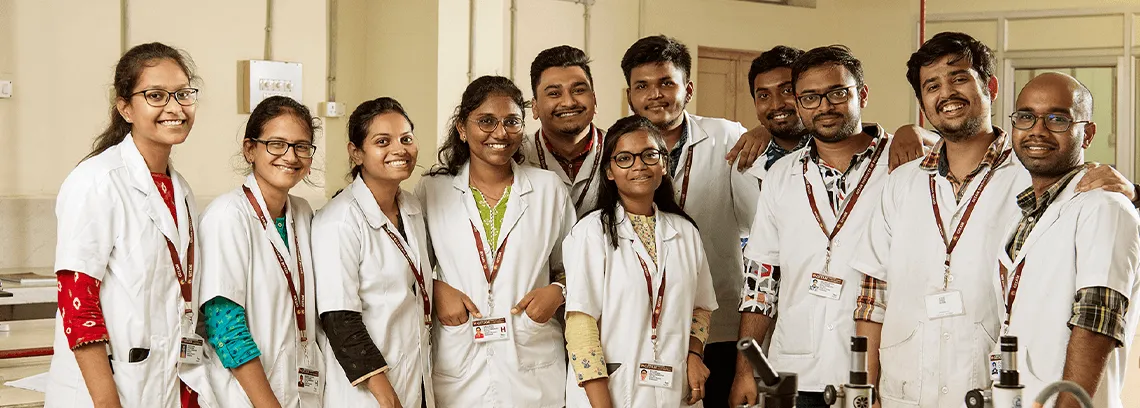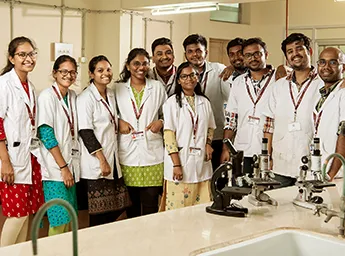Bachelor of Pharmacy (B.Pharm)
The Bachelor of Pharmacy (B.Pharm) programme at GITAM School of Pharmacy is a four-year undergraduate course designed to produce highly competent pharmaceutical professionals. The curriculum is aligned with the standards of the Pharmacy Council of India and is tailored to meet the demands of the pharmaceutical and healthcare industries. Students will gain a strong foundation in pharmaceutical sciences, including Pharmaceutical Chemistry, Pharmaceutics, Pharmacology, and more, with an emphasis on ethical practices and lifelong learning.
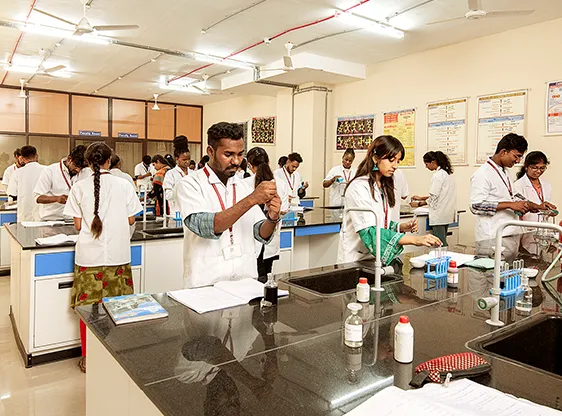
Eligibility
- A minimum of 60% aggregate marks in 10+2 with Physics, Chemistry, and Biology/Mathematics as subjects.
- Qualifying Exams: GAT (Pharmacy UG) 2025, NEET(UG) 2025, AP EAPCET/TS EAMCET 2025.
Scope of the Programme
The B.Pharm programme prepares students to work in various sectors of the pharmaceutical industry, including research and development, quality control, and regulatory affairs. Graduates will be equipped to contribute to the development of new drugs, ensure the quality of pharmaceutical products, and provide expert advice on medication use in healthcare settings.
Department Vision Statement
To become a nationally and internationally renowned institute for pharmacy education, research, and entrepreneurship by creating/cultivating diverse and inclusive professionals dedicated to lifelong learning, collaboration, and social responsibility.
Department Mission Statement
- M1 - To impart pharmaceutical education with quality teaching to generate competent and committed pharmacy professionals.
- M2 - To nurture creative minds with innovative and cutting-edge research to address critical pharmaceutical and healthcare issues.
- M3 - To cultivate an entrepreneurial mindset among faculty and students, promoting novelty, creativity, and impactful solutions through a collaborative ecosystem.
- M4 - To embrace principles of sustainable development with ethical values in order to make a difference in society.
Programme Outcomes (POs)
- M1 - Pharmacy Knowledge: Possess knowledge and comprehension of the core and basic knowledge associated with the profession of pharmacy, including biomedical sciences; pharmaceutical sciences; behavioral, social, and administrative pharmacy sciences; and manufacturing practices.
- M2 - Planning Abilities: Demonstrate effective planning abilities including time management, resource management, delegation skills, and organizational skills. Develop and implement plans and organize work to meet deadlines.
- M3 - Problem analysis: Utilize the principles of scientific enquiry, thinking analytically, clearly, and critically while solving problems and making decisions during daily practice. Find, analyze, evaluate, and apply information systematically and make defensible decisions.
- M4 - Modern tool usage: Learn, select, and apply appropriate methods and procedures, resources, and modern pharmacy-related computing tools with an understanding of the limitations.
- M5 - Leadership skills: Understand and consider the human reaction to change, motivation issues, leadership, and team-building when planning changes required for fulfillment of practice, professional, and societal responsibilities. Assume participatory roles as responsible citizens or leadership roles when appropriate to facilitate improvement in health and well-being.
- M6 - Professional Identity: Understand, analyze, and communicate the value of their professional roles in society (e.g., health care professionals, promoters of health, educators, managers, employers, employees).
- M7 - Pharmaceutical Ethics: Honour personal values and apply ethical principles in professional and social contexts. Demonstrate behavior that recognizes cultural and personal variability in values, communication, and lifestyles. Use ethical frameworks; apply ethical principles while making decisions and take responsibility for the outcomes associated with the decisions.
- M8 - Communication: Communicate effectively with the pharmacy community and with society at large, such as, being able to comprehend and write effective reports, make effective presentations and documentation, and give and receive clear instructions.
- M9 - The Pharmacist and society: Apply reasoning informed by the contextual knowledge to assess societal, health, safety, and legal issues and the consequent responsibilities relevant to the professional pharmacy practice.
- M10 - Environment and sustainability: Understand the impact of the professional pharmacy solutions in societal and environmental contexts, and demonstrate the knowledge of, and need for sustainable development.
- M11 - Life-long learning: Recognize the need for, and have the preparation and ability to engage in independent and life-long learning in the broadest context of technological change. Self-assess and use feedback effectively from others to identify learning needs and to satisfy these needs on an ongoing basis.
Programme Educational Objectives (PEOs)
- PEO1 - To deliver quality Pharmacy education and training, fostering the development of skilled graduates capable of effectively addressing challenges within the Pharmaceutical industry and healthcare sector.
- PEO2 - To cultivate leadership and entrepreneurial attributes among Pharmacy graduates, empowering them to innovate and lead within their field.
- PEO3 - To train the students to have a strong ethical foundation, effective communication abilities, collaborative skills, a multidisciplinary mindset, and the capability to understand how pharmaceutical issues connect to wider societal concerns.
Key Highlights
Comprehensive Curriculum
- Curriculum designed in accordance with the Pharmacy Council of India.
- Specialization bundles in Pharmaceutical Analysis, Pharmaceutics, Pharmacology, and more.
Infrastructure
- Advanced research centers with state-of-the-art equipment like High Performance Liquid Chromatography (HPLC), LC MS, and more.
Industry & Academic Collaborations
- Partnerships with leading pharmaceutical companies and universities worldwide, including Taylor University Malaysia and the University of North Carolina.
Venture Development Centre
- A mandatory 02-credit venture development course that fosters innovation and entrepreneurship, enabling students to develop new pharmaceutical products and solutions.
Syllabus
The curriculum covers a wide range of subjects to ensure a comprehensive understanding of pharmaceutical sciences.
Key subjects include:
- Pharmaceutical Chemistry
- Pharmaceutics
- Pharmacology
- Pharmaceutical Analysis
- Pharmacovigilance
- Biotechnology
Career Options
BPharm graduates can play a pivotal role in advancing drug development, formulation, and pharmaceutical research. With this qualification, they contribute to groundbreaking innovations in medication safety, efficacy, and patient care.
India’s pharmaceutical sector, one of the largest globally, offers vast opportunities for pharmacy graduates. As a top exporter of pharmaceuticals to over 200 countries, the industry is expected to grow significantly, with a projected compound annual growth rate (CAGR) of over 10%, reaching $130 billion by 2030.
The increasing demand for innovative drug formulations, coupled with advancements in pharmaceutical technologies, creates expansive career opportunities for pharmaceutics professionals in both domestic and international markets.
Are you ready to leverage your expertise in pharmaceutics to drive research and innovation?
Here are some exciting career paths to consider:
- Pharmaceutical Scientist
- Quality Assurance Officer
- Regulatory Affairs Specialist
- Drug Inspector
- Clinical Research Associate
Star Recruiters
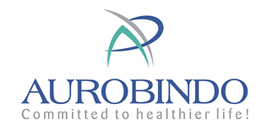

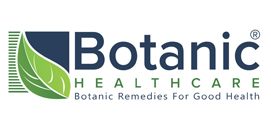
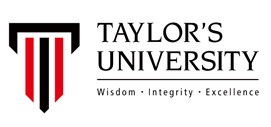
Notable Alumni
Infrastructure and Facilities

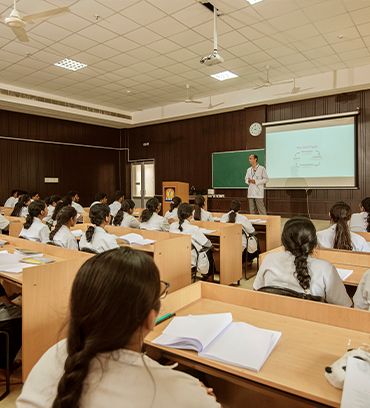
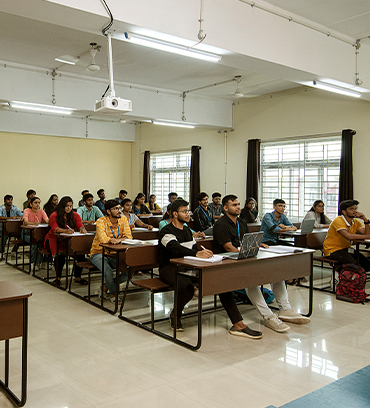




Fee Structure
B. Pharm
1st Year
₹1,74,300
2nd Year
₹1,83,000
3rd Year
₹1,92,100
4th Year
₹2,01,700
Scholarships
Merit-Based Scholarships
The scholarship from GAT/National/State Entrance Tests applies only in the first year. To continue receiving it in subsequent years, a minimum CGPA of 8.0 must be maintained.
Apart from the above, the following scholarships are also offered to eligible students.
- Employee Children Scholarships: (60%, 40%, and 20%)
- Loyalty Scholarships: (10% for Any alumni returning to do higher studies/Children of Alumni/Real siblings (Not applicable to step siblings or cousins)/Children of retired employees of GITAM/Spouse of GITAM employees).
- Sports Scholarships: (100%, 75%, 50%, 25% and 15%)
Need-Based Scholarships
- To be eligible for the need-based scholarship, the combined income of both parents/guardians of the eligible student/If the student is married, the combined income of the family, i.e., the student's and spouse's income, must be less than 8.00 LPA.
- The candidates admitted through merit scholarship in the slabs of 75%, 60%, 40%, 25%,and 15%, and the parents/guardians combined income is less than the prescribed limits are eligible for the additional need-based scholarship.
| Scholarship % | Upgraded Scholarship % |
|---|---|
| 75% | 100% |
| 60% | 75% |
| 40% | 60% |
| 25% | 40% |
| 15% | 25% |
Scholarships For Accommodation
- In addition, students awarded need-based scholarships after merit scholarships will receive an additional 20% scholarship specifically allocated for hostel fees at GITAM for slabs: 15%, 25%, 40%, and 60%.
- Students awarded 75% & 100% scholarships are also awarded the same percentage in the hostel and food fees.
| Year | Scholarship % | GAT 2025 Score | AP EAPCET / TS EAPCET 2025 Rank | NEET(UG) 2025 Rank |
|---|---|---|---|---|
| 2025-26 | 100 | 141 - 200 | 1-1500 | 1-100000 |
| 75 | 121 - 140 | 1501-5000 | 100001-200000 | |
| 60 | 111 - 120 | 5001-10000 | 200001-300000 | |
| 40 | 101 - 110 | 10001-15000 | 300001-400000 | |
| 25 | 91 - 100 | 15001-20000 | 400001-500000 | |
| 15 | 81 - 90 | 20001-30000 | 500001-800000 |
Note: Terms & Conditions Applied




